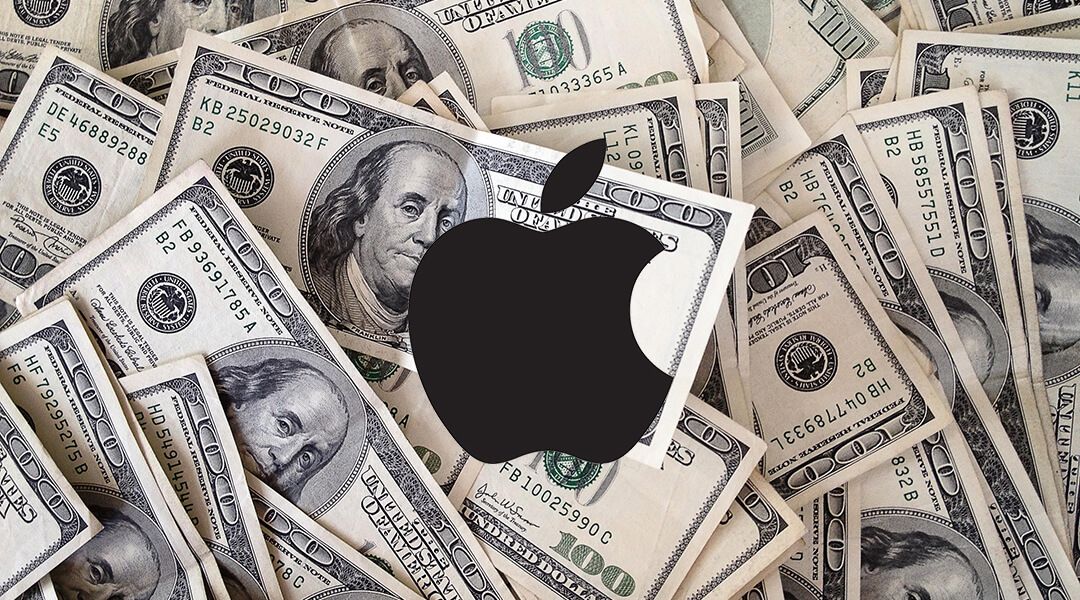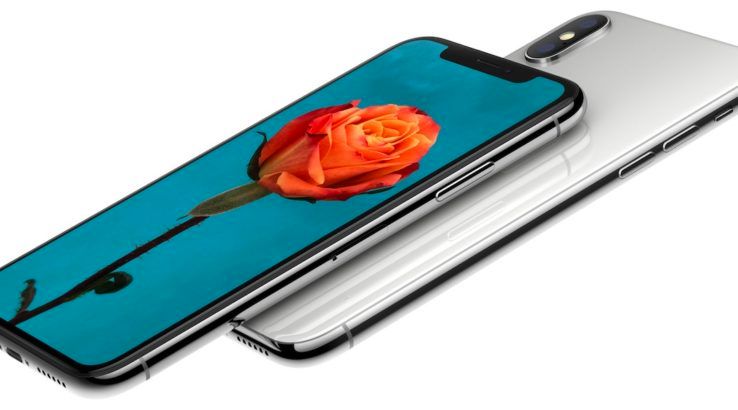Last week, Apple finally admitted that it purposefully slows down older iPhones with software updates. Even though Apple claims this is ultimately to the benefit of the consumer as it makes iPhones last longer than they would otherwise, some consumers are understandably upset about this and are pursuing legal action against the company.
Since Apple's revelation that it purposefully slows down older iPhones, numerous lawsuits have been filed against the tech giant. Most recently, five individuals from New Jersey, New York, and Florida have filed a class action lawsuit, with four of them claiming that they bought new iPhones because of their older ones slowing down.
The lawsuit points out that Apple failed to notify consumers that it was slowing down iPhones in software updates. That combined with Apple's failure to promote the ability to replace batteries is enough to sue Apple for "fraud, deception, and breach of contract," according to the plaintiffs.
Unfortunately for Apple, this lawsuit is just the latest to be introduced against the company over its decision to slow down older iPhone models. Other suits have been filed in states like California and Illinois, as well as other countries, like Israel. As more consumers catch wind of the controversy, it's possible even more lawsuits will be filed in the coming weeks.
Ironically, one of the reasons why Apple supposedly slows down older iPhones is to prevent itself from being sued by consumers after their iPhones suddenly stop working. According to Apple, if iPhones continued to run at peak performance, their lithium-ion batteries would be unable to keep up over time and the phone will shut down completely. However, others may notice that Apple supposedly started this practice with the iPhone 6 line of phones, which is also when iPhone sales started to decline.
It's possible that's just a coincidence, but others will take it as confirmation that the old conspiracy theory is true, and Apple slows down iPhones to force people to buy new phones. At this point, it's hard to tell who is telling the truth, but Apple's failure to be transparent with its customers doesn't do it any favors.
Source: USA Today


